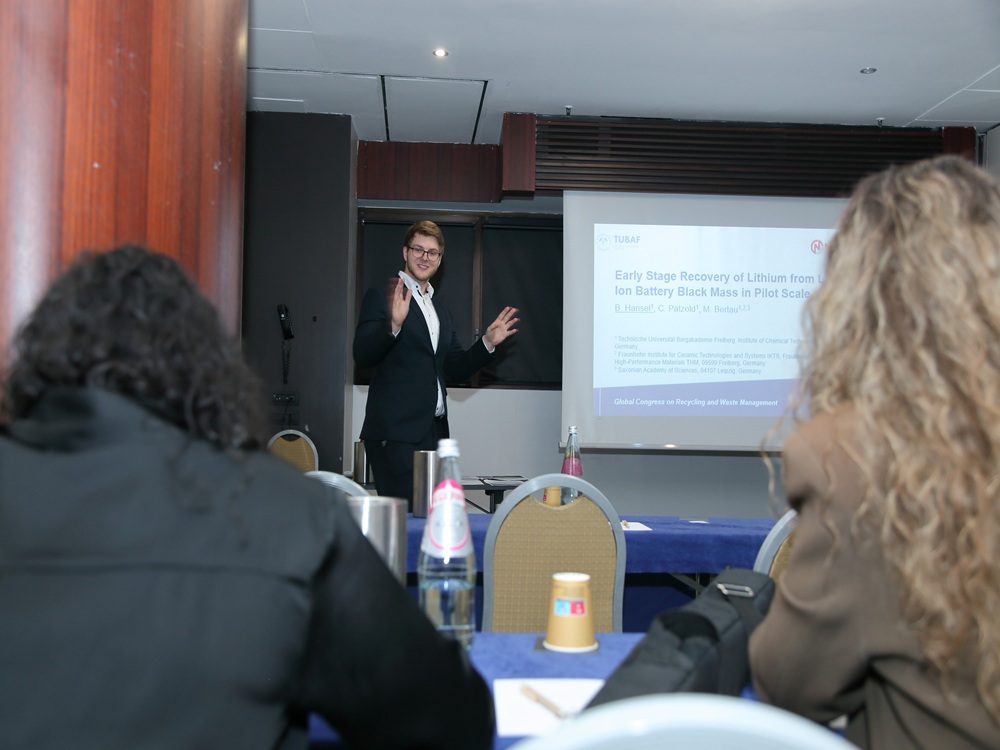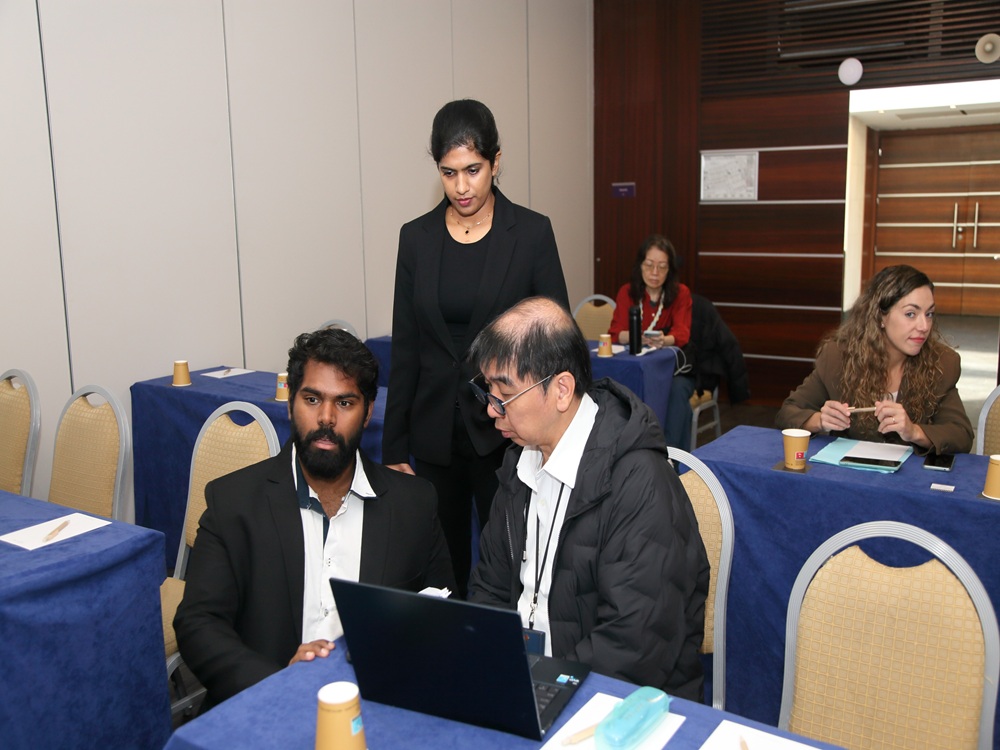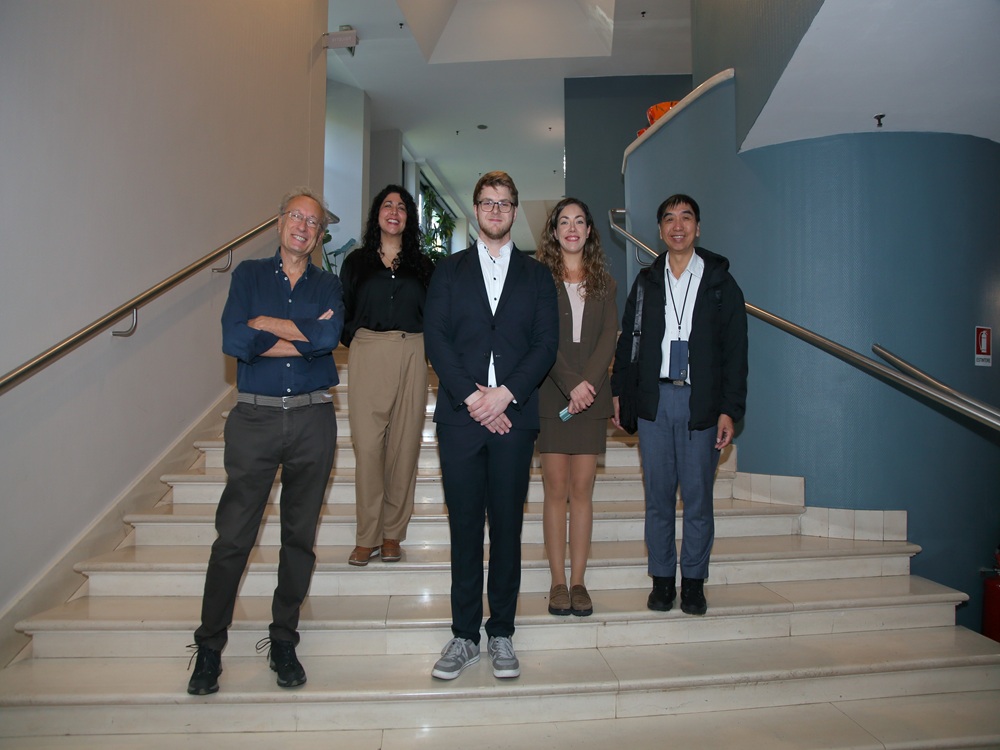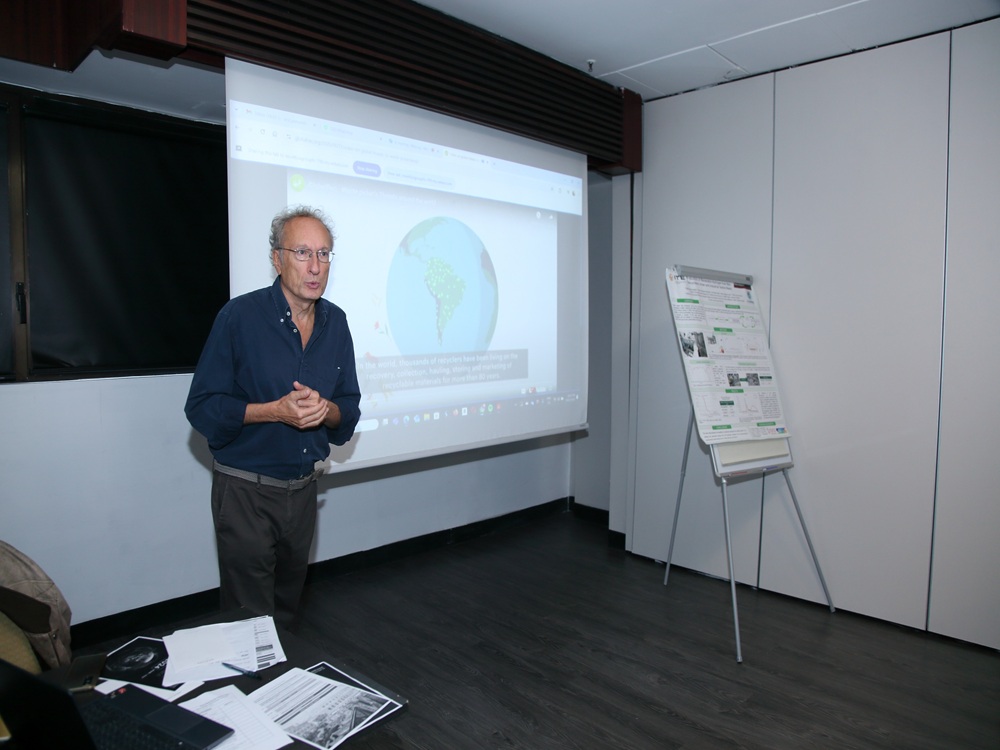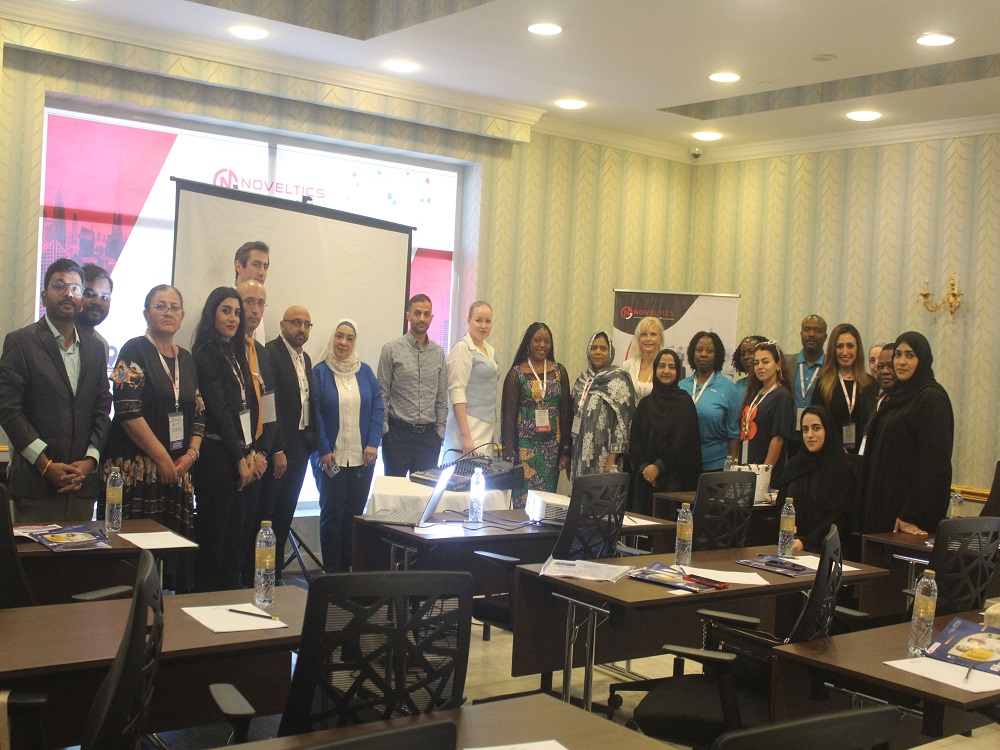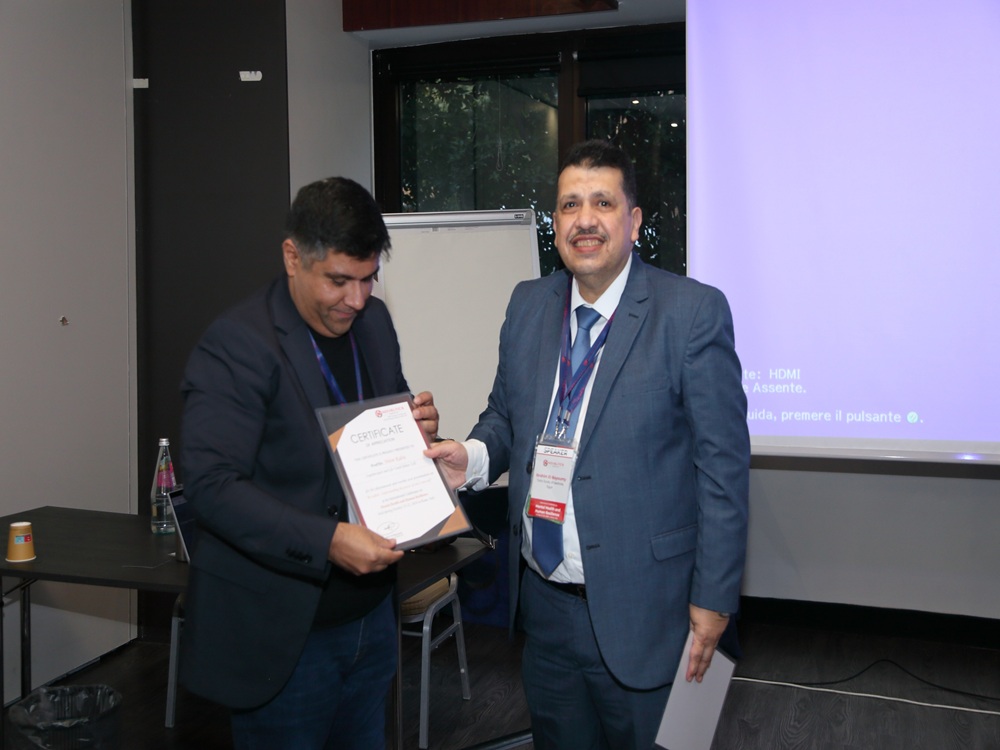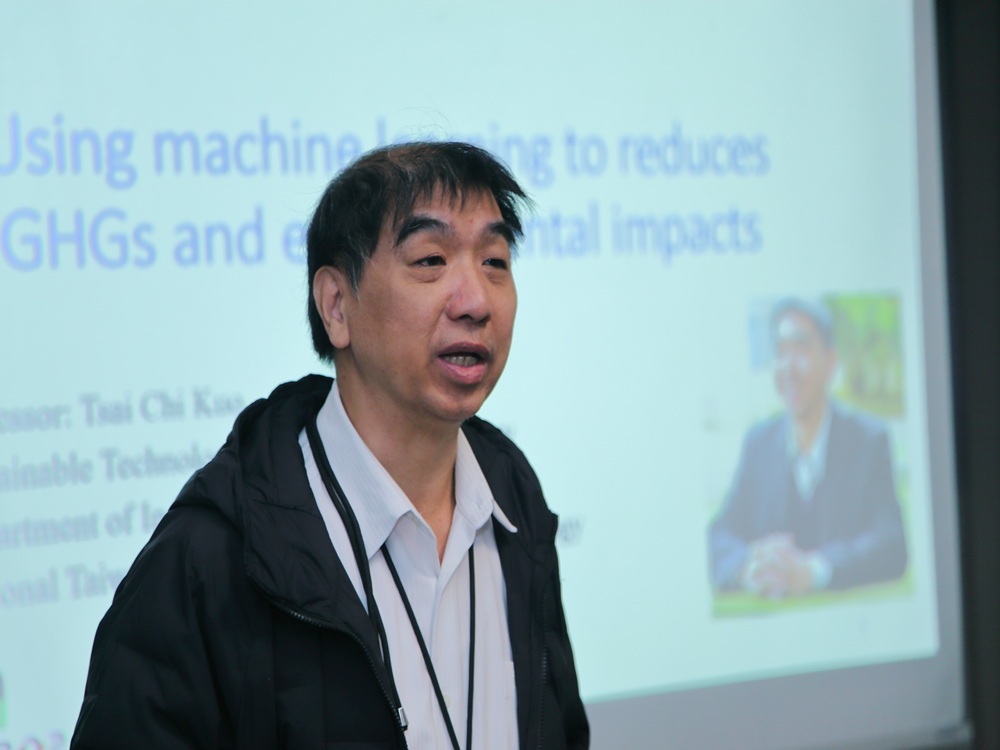Session 01: Climate Change
Climate change is the defining challenge of our time, presenting a complex web of environmental, economic, and social issues that demand urgent attention and concerted action. At its core, climate change refers to the long-term alteration of temperature and typical weather patterns on Earth. While fluctuations in climate are natural phenomena, the current trend of rapid global warming is predominantly driven by human activities, particularly the burning of fossil fuels, deforestation, and industrial processes that release greenhouse gases into the atmosphere.
Session 02: Global Warming
Global warming, the gradual increase in Earth's average temperature, has emerged as one of the most pressing environmental challenges of our time. This phenomenon is primarily driven by human activities, particularly the burning of fossil fuels, deforestation, and industrial processes that release greenhouse gases such as carbon dioxide (CO2), methane (CH4), and nitrous oxide (N2O) into the atmosphere. Another alarming impact of global warming is the loss of biodiversity. Many species are struggling to adapt to rapidly changing environmental conditions, leading to habitat loss, shifts in ecosystems, and the extinction of vulnerable species.
Session 03: Greenhouse Effect
The greenhouse effect is a natural phenomenon crucial for life on Earth. It acts like a blanket, trapping some of the Sun's heat within the atmosphere, keeping our planet warm enough to sustain life. Human activities, particularly the burning of fossil fuels and deforestation, have significantly increased the concentration of greenhouse gases in the atmosphere, primarily CO2. This enhanced greenhouse effect is leading to global warming and climate change, with consequences such as rising temperatures, melting ice caps, more frequent and severe weather events, and shifts in ecosystems and habitats.
Session 04: Environmental Sustainability and Development
Environmental sustainability focuses on practices that maintain the Earth's natural systems for current and future generations. It emphasizes the responsible use of resources like water, land, and air, aiming to minimize pollution, conserve biodiversity, and mitigate climate change. This includes practices like renewable energy adoption, sustainable agriculture, and responsible waste management.
Education and awareness-raising initiatives are also vital components of sustainable development. By fostering environmental literacy and promoting responsible consumption patterns, individuals and communities can make informed decisions that minimize their ecological footprint.
Session 05: Renewable Energy
Renewable energy sources are becoming increasingly vital in our quest for sustainable development and combating climate change. Unlike fossil fuels, which are finite and emit harmful greenhouse gases, renewable energy derives from naturally replenishing sources and generates minimal pollution. Solar, wind, hydro, biomass, and geothermal power are the primary forms of renewable energy.
Solar energy harnesses sunlight through photovoltaic cells or solar thermal collectors to produce electricity or heat. With advancements in technology and decreasing costs, solar power has become one of the fastest-growing renewable energy sources globally.
Session 06: Deforestation
Deforestation, the clearing of forests for agriculture, urbanization, logging, and other human activities, poses a significant threat to global biodiversity, ecosystems, and climate stability. As trees are removed, habitats are destroyed, leading to the loss of countless plant and animal species. Deforestation also contributes to climate change by releasing stored carbon dioxide into the atmosphere and reducing the planet's capacity to absorb greenhouse gases. Moreover, deforestation disrupts water cycles, increases soil erosion, and diminishes the resilience of ecosystems to natural disasters.
Session 07: Ocean Acidification
Ocean acidification is a significant consequence of increased carbon dioxide (CO2) emissions in the atmosphere. When CO2 is absorbed by seawater, it undergoes chemical reactions that reduce seawater pH, making it more acidic. This process primarily occurs through the formation of carbonic acid, which lowers the concentration of carbonate ions available for marine organisms to build their calcium carbonate shells and skeletons. The ramifications of ocean acidification are profound and widespread. Marine species such as corals, shellfish, and plankton that rely on calcium carbonate for their structures face significant challenges in maintaining their populations.
Session 08: Fossil Fuels
Fossil fuels, the remnants of ancient life transformed over millions of years, have been the backbone of modern civilization. Coal, oil, and natural gas provide energy for electricity generation, transportation, heating, and countless industrial processes. However, their continued reliance comes with significant drawbacks.
Firstly, fossil fuels are non-renewable resources. Formed from the compressed remains of plants and animals, their finite reserves are being depleted at an alarming rate. This raises concerns about energy security and the potential for future price volatility.
Session 09: Glacier Melting
Glacier melting is a critical issue contributing to global climate change and environmental concerns. Glaciers, vast masses of ice and snow, are shrinking at an alarming rate worldwide due to rising temperatures caused by human activities, primarily the emission of greenhouse gases like carbon dioxide and methane.
The culprit lies in the greenhouse gases, particularly carbon dioxide, released through our activities. These gases trap heat in the atmosphere, leading to a rise in global temperatures. This warming disrupts the natural balance of glaciers, causing them to melt faster than they can replenish through snowfall.
Session 10: Atmospheric Chemistry
Atmospheric chemistry is the fascinating science that delves into the composition and reactions occurring within the Earth's atmosphere, and even those of other planets. It's a vibrant tapestry woven from various disciplines, including physics, meteorology, environmental chemistry, and even geology.
This intricate system is constantly in flux, influenced by natural processes like volcanic emissions, lightning strikes, and the bombardment of solar particles. Human activities also significantly impact the atmosphere, leading to issues like acid rain, ozone depletion, and the rise of greenhouse gases.
Session 11: Climate Models
Climate models are sophisticated tools used to simulate and predict Earth's climate system. They incorporate complex mathematical equations to represent interactions between the atmosphere, oceans, land surface, and ice. Climate models are crucial for understanding past climate variations, projecting future climate scenarios, and assessing the potential impacts of human activities on the climate. By inputting data on greenhouse gas emissions, aerosols, and other factors, scientists can simulate different climate scenarios and explore the potential consequences of various mitigation and adaptation strategies.
Session 12: Carbon Footprint
Reducing our carbon footprint is crucial in combating climate change. Our carbon footprint refers to the total amount of greenhouse gases, primarily carbon dioxide, emitted directly or indirectly by human activities. These emissions come from various sources such as transportation, energy production, agriculture, and industrial processes.
One effective way to reduce our carbon footprint is by adopting sustainable transportation options. Choosing to walk, bike, carpool, or use public transportation reduces the emissions associated with individual vehicle use.
Session 13: Pollution Control
Pollution, the introduction of harmful substances into the environment, poses a significant threat to our planet and its inhabitants. It manifests in various forms, primarily affecting air, water, and soil.
Air pollution, often caused by industrial emissions and vehicle exhaust, leads to respiratory illnesses, acid rain, and climate change. Water pollution, stemming from industrial waste and agricultural runoff, contaminates drinking water sources and disrupts aquatic ecosystems. Soil pollution, arising from improper waste disposal and overuse of pesticides, degrades land fertility and impacts food security.
Session 14: Mitigation Measures
Mitigation measures are strategies aimed at reducing or preventing the impact of human activities on the environment, particularly in relation to climate change. These measures encompass various actions, such as reducing greenhouse gas emissions, enhancing carbon sequestration, promoting renewable energy sources, improving energy efficiency, and implementing sustainable land use practices. Mitigation efforts are crucial for mitigating the effects of climate change, including rising temperatures, sea-level rise, extreme weather events, and disruptions to ecosystems and biodiversity.
Session 15: Carbon Sequestration
Carbon sequestration is the process of capturing and storing carbon dioxide (CO2) from the atmosphere to mitigate climate change. Natural carbon sequestration occurs through biological processes such as photosynthesis in plants and algae, while artificial methods involve capturing CO2 emissions from industrial sources and storing them underground or in oceans. Terrestrial carbon sequestration involves storing carbon in forests, soils, and vegetation, while geological sequestration involves injecting CO2 into underground reservoirs or depleted oil and gas fields.
Session 16: Climate Policy
Climate policy refers to government strategies, regulations, and initiatives designed to address climate change and its impacts. These policies aim to reduce greenhouse gas emissions, promote sustainable energy sources, and enhance resilience to climate-related risks. Climate policies can include legislation, incentives, subsidies, carbon pricing mechanisms, and international agreements aimed at mitigating climate change and transitioning to a low-carbon economy. Additionally, climate policies often incorporate adaptation measures to help communities and ecosystems adapt to the effects of climate change.
Session 17: Green Energy
Green energy, also known as renewable energy, refers to energy derived from natural, replenishable sources that have minimal environmental impact. This includes solar energy, wind energy, hydropower, biomass, geothermal energy, and tidal energy. Unlike fossil fuels, which emit greenhouse gases and contribute to climate change, green energy sources harness the power of nature without depleting finite resources or causing pollution. Green energy technologies are becoming increasingly cost-effective and widely adopted as alternatives to traditional energy sources.
Session 18: Limnology
Limnology is the scientific study of inland waters, including lakes, rivers, streams, ponds, and wetlands. It encompasses various disciplines such as biology, chemistry, physics, geology, and hydrology to understand the physical, chemical, and biological characteristics of freshwater ecosystems. Limnologists investigate the structure and function of aquatic ecosystems, including the distribution and abundance of organisms, nutrient cycles, water quality, and interactions between organisms and their environment.
Session 19: Geophysics and Geochemistry
Geophysics and geochemistry are two intertwined branches of Earth science that unveil the physical and chemical makeup of our planet. While geophysics focuses on the physical phenomena, like gravity, magnetism, and seismic waves, geochemistry delves into the chemical composition of Earth's materials, from its core to the atmosphere.
Geochemistry, on the other hand, analyzes the chemical elements and compounds that make up Earth's rocks, minerals, water, and air. By studying the distribution and interactions of these elements, geochemists can reconstruct past events, like the formation of mountains or the evolution of the atmosphere.
Session 20: Carbon Cycle
The carbon cycle is a natural process that describes the movement of carbon between the atmosphere, oceans, land, and living organisms. It involves various processes such as photosynthesis, respiration, decomposition, and fossil fuel combustion. In the carbon cycle, carbon dioxide (CO2) is absorbed from the atmosphere by plants during photosynthesis, converting it into organic compounds. These organic compounds are consumed by animals, transferring carbon through the food chain.
Session 21: Remote Sensing & GIS Applications
Remote sensing and Geographic Information Systems (GIS) have revolutionized various fields, offering an array of applications across disciplines. In environmental science, these technologies play a pivotal role in monitoring and managing natural resources, tracking changes in land cover, and assessing the impact of human activities on ecosystems. GIS complements remote sensing by providing tools for spatial analysis and modeling. In forestry management, GIS is used to map forest resources, plan timber harvesting operations, and assess the impact of land-use changes on biodiversity. By integrating remote sensing data with GIS, forest managers can make informed decisions to sustainably manage forest ecosystems.
Session 22: Climate Resilience
Climate resilience refers to the ability of communities, ecosystems, and economies to withstand, recover from, and adapt to the impacts of climate change. In a world where extreme weather events, rising sea levels, and shifting climate patterns are becoming increasingly common, building resilience is crucial for ensuring sustainable development and safeguarding livelihoods.
At its core, climate resilience involves proactive measures to reduce vulnerability and enhance adaptive capacity. This includes investing in infrastructure that can withstand extreme weather events, such as flood-resistant buildings and resilient transportation systems.
Session 23: Geology
Geology, the study of Earth's materials, structures, processes, and history, offers a captivating glimpse into the dynamic nature of our planet. From the formation of majestic mountains to the intricate dance of tectonic plates, geology encompasses a vast array of phenomena that shape the landscape we inhabit.
One of the fundamental concepts in geology is plate tectonics, which explains how the Earth's lithosphere is divided into large, rigid plates that float on the semi-fluid asthenosphere beneath them. These plates are in constant motion, driven by the heat generated from the Earth's core.


